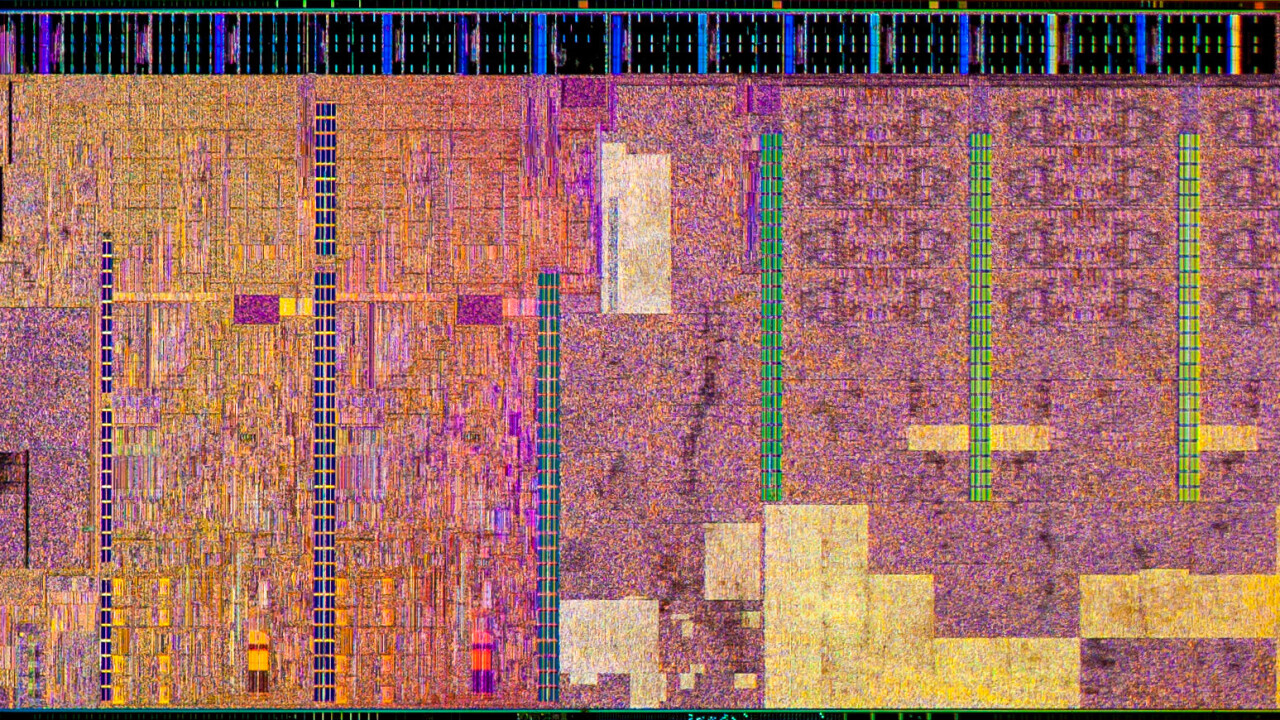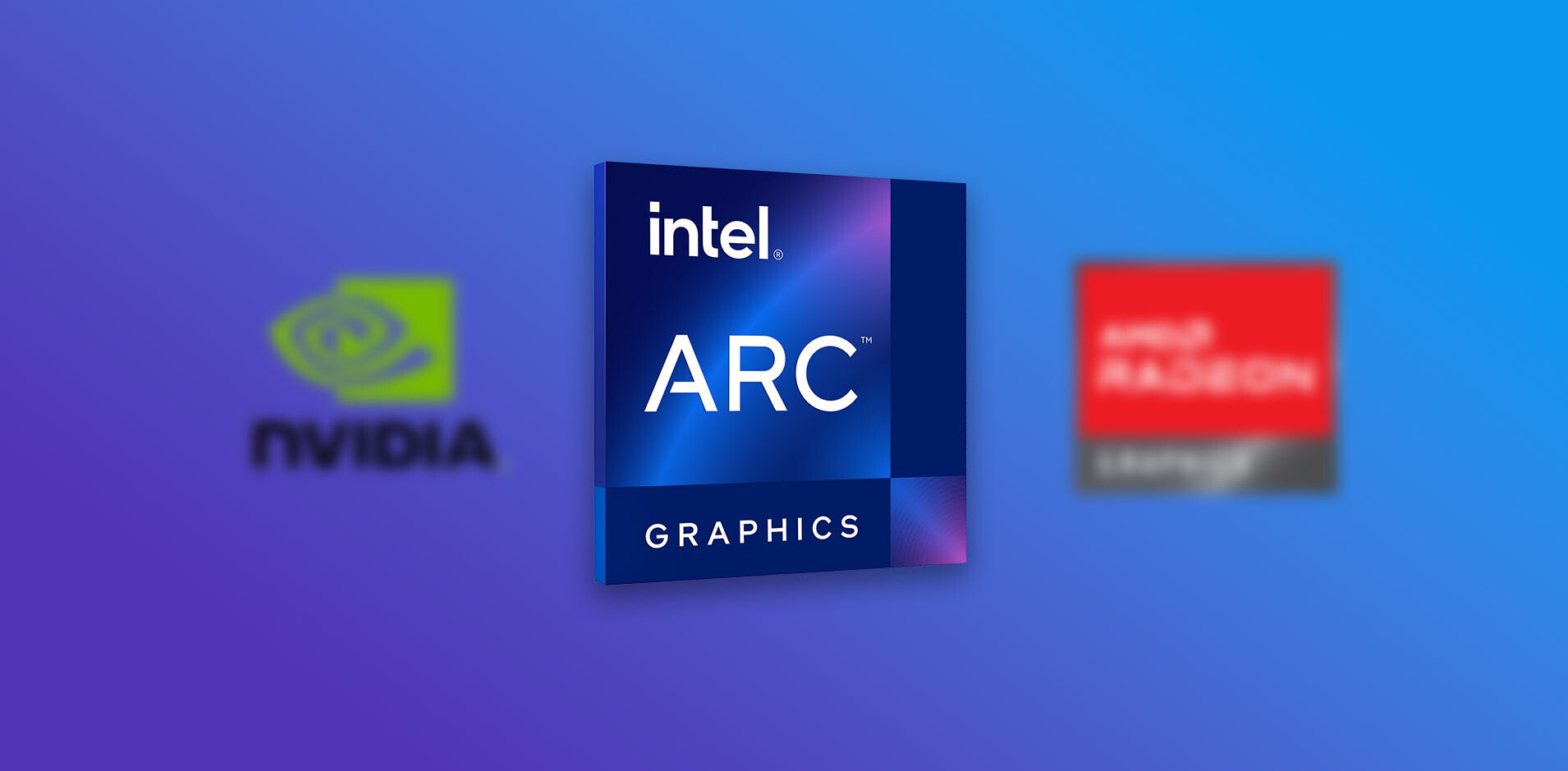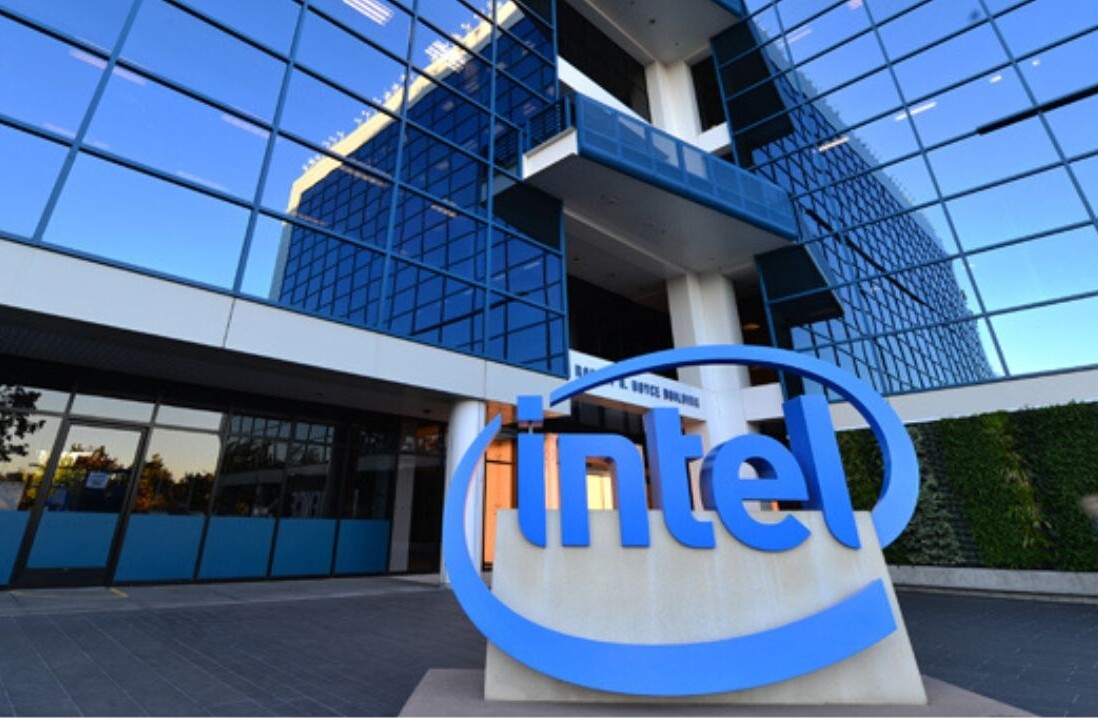
Is Moore’s Law finally faltering? Intel has confirmed today that its next generation of processors called “Kaby Lake” will be built using its existing 14-nanometer process.
It was expected the company would shrink its processor size down to 10-nanometers next year after the release of the next-generation ‘Skylake’ chipset.
Moore’s Law, an observation from co-founder of Intel in 1965, says that the number of transistors on a chip roughly doubles every two years.
Intel’s CEO, Brian Krzanich, admitted on the company’s investor call yesterday that its first ‘Cannonlake’ product built at 10-nanometers has been delayed to 2017.
Instead, the company will build a third set of processors on the current technology for the first time.
The company traditionally uses a ‘tick, tock’ release schedule. The ‘tick’ is where it releases a major improvement to processor architecture,followed by the ‘tock’ where the company refines that architecture.
The current generation of Broadwell processors — which are a ‘tick’ — used the 14-nanometer process for the first time.
Today’s news means that the company is breaking out of that release schedule for the first time. Intel previously struggled to shrink from its 20-nanometer process to 14-nanometer for the release of Broadwell, which was delayed.
On the call, Krzanich said that he doesn’t think this marks the end of the ‘tick, tock’ process, but does believe that Moore’s Law can change over time and that “transitions” are a natural part of the law.
Read Next: Intel adopts USB-C connector for its Thunderbolt 3 cable
Get the TNW newsletter
Get the most important tech news in your inbox each week.





